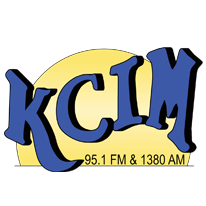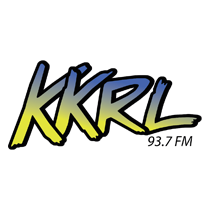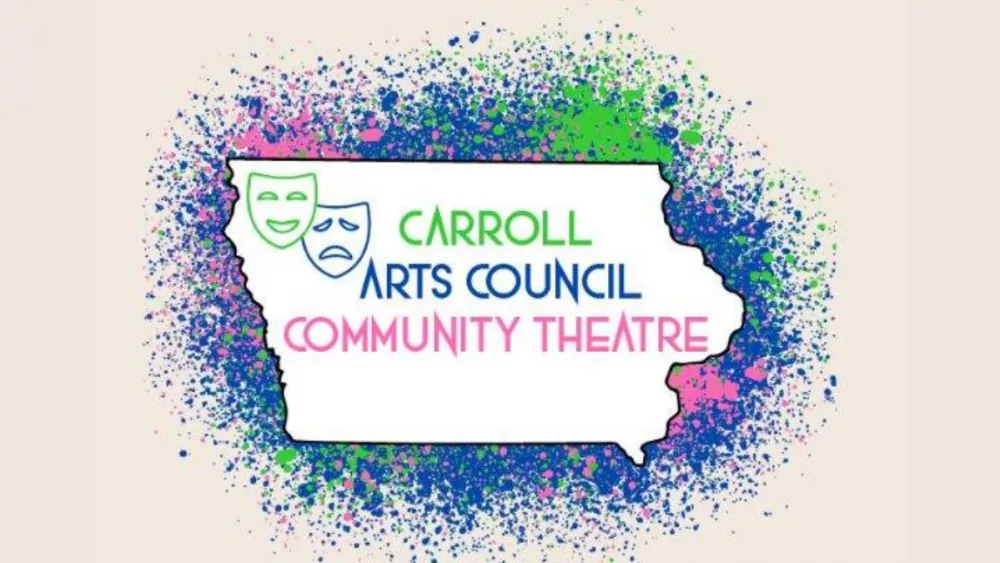The Carroll Community School District (CCSD) board of directors is beginning its yearly review of its policies and the way teachers communicate with students may change as a result. Currently, the board has very little regulation over how teachers disperse information through text messaging or social media websites. Superintendent, Rob Cordes, indicates his concerns with these types of media occur when personal information gets thrown into the mix.
A proposed policy change would require separate accounts for personal use and school-related use. When it comes to coaching, students will often receive texts reminding them about practice or meeting times. Cordes says these situations place staff members in precarious positions.
Board member, Brad Jorgensen, says prohibiting staff from using the students’ preferred methods of communication will only make it more difficult to pass on important information.
The board decided to wait until the July board meeting to make a final decision on the policy. That meeting will take place on Monday, July 17 at 6 p.m. in the Adams Elementary School boardroom. The full text of the proposed change can be found included below this story.
_____
STAFF PERSONNEL
Series 400
Policy Title: Staff Technology Use and Social Media Networking
Code No.: 498
|
Technology, a powerful and valuable education and research tool and, as such, is an important part of the instructional program. In addition, the school district depends upon computers as an integral part of administering and managing the school’s resources, including the compilation of data and recordkeeping for personnel, students, finances, supplies and materials. This policy outlines the board’s expectations in regard to these different aspects of the school district’s computer resources. Employees must conduct themselves in a manner that does not detract from or disrupt the educational process and failure to do so will result in discipline, up to and including, discharge.
The superintendent is responsible for designating a Director of Technology and the Technology Instructional Coach who will oversee the use of school district computer resources. They will prepare in-service programs for the training and development of school district staff in computer skills, appropriate use of computers, and the incorporation of computer use in the instructional setting.
The superintendent, working with appropriate staff, shall establish regulations governing the use and security of the school district’s technology resources. All users of the school district’s technology resources, including students, staff and volunteers, shall comply with this policy and regulation, as well as others impacting the use of school equipment and facilities. Failure to comply may result in disciplinary action, up to and including discharge, as well as suspension and/or revocation of technology/computer access privileges.
Usage of the school district’s technology resources is a privilege, not a right, and that use entails responsibility. All information on the school district’s computer system is considered a public record. Whether there is an exception to keep some narrow, specific content within the information confidential is determined on a case by case basis. Therefore, users of the school district’s computer network must not expect, nor does the school district guarantee, privacy for e-mail or use of the school district’s computer network including web sites visited. The school district reserves the right to access and view any material stored on school district equipment or any material used in conjunction with the school district’s computer network.
The purpose of the Internet is to support research and education in and among academic institutions in the U.S. and around the world. It provides access to unique resources and will give staff an opportunity for collaborative learning. The use of any school-sponsored account on the Internet must be in support of education and research and must be consistent with the educational objectives of the Carroll Community School District. Transmission of any material in violation of school policy, local, state or U.S. regulation is prohibited. This includes, but is not limited to: copyrighted material, threatening or obscene material, or material protected by trade secret. Use for commercial activities is generally not acceptable.
The use of the Internet is a privilege, not a right, and inappropriate use will result in cancellation of those privileges. A representative of the Carroll Community School District may review any material on user accounts and monitor server space in order to make determinations on appropriate use. The representative may close an account at any time.
Because information appears, disappears and changes constantly, it is not possible to predict or control what staff may locate. Staff must be mindful that not all information on the Internet is fact and that not everything on the Internet is appropriate for school. It is not possible to monitor all of the information that staff might access. Therefore, staff will be responsible for controlling what they access on their Carroll Community Schools account. Exemplary behavior is expected. When visiting sites on the Internet, Carroll Community School users must conduct themselves as representatives of the school and community as a whole.
CELLPHONES: Cell phones should not be used if disrupting instruction, school-sponsored programs, meetings, in-services, or other events where there exists a reasonable expectation of quiet attentiveness unless there is a reason of important school communication, personal health, or safety involved.
SOCIAL MEDIA: CCSD employees who engage in professional social media activities should maintain separate professional and personal pages. Professional social media sites that are school-based should be designed to address reasonable instructional, educational, or extra-curricular program matters. As such, CCSD employees should not use their personal social media pages for professional social media activities, rather, employees should use a professional social media that is completely separate from any personal social media they maintain. If a particular type of behavior is inappropriate in the classroom, a professional workplace, or addressed as inappropriate in the CCSD policies, then that behavior is also inappropriate on the professional social media site and will be responded to as such.
While it is appropriate to communicate with students and parents through professional social media, in order to maintain a professional and appropriate relationship with students, CCSD employees should not communicate with students who are currently enrolled in CCSD schools on personal social media sites (relatives exempt). Additionally, confidentiality of school records must always be held as confidential whether on personal or professional social media outlets.
Personal social media use, including off-hours use, has the potential to result in disruption at school and/or the workplace, and can be in violation of CCSD policies and Iowa law. The posting or disclosure of personally identifiable student information or confidential information via personal social media sites is a violation of CCSD policy. Inappropriate or disruptive social media conduct will be addressed by the administration and disciplinary action can be taken.
This policy provides regulations intended to supplement, not supersede, existing CCSD policies and Iowa laws. Users of professional social media sites must comply with all applicable federal, state and local laws, including, but not limited to the Children’s Online Privacy Protection Act (COPPA) (http://business.ftc.gov/privacy-and-security/children), Family Educational Rights and Privacy Act (FERPA) (http://www2.ed.gov/policy/gen/guid/fpco/index.html), and intellectual property laws.
All existing CCSD policies, regulations, and Iowa law that covers employee conduct may be applicable in the social media and technology environment. |
Adoption/Revision:
June 2017









